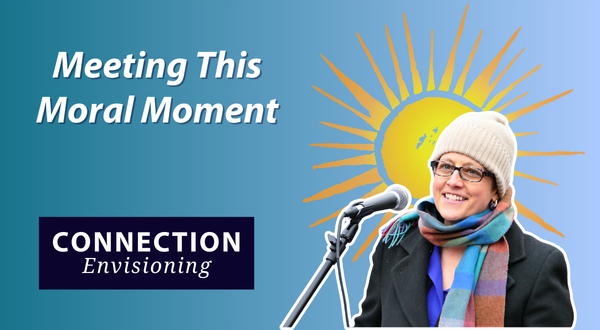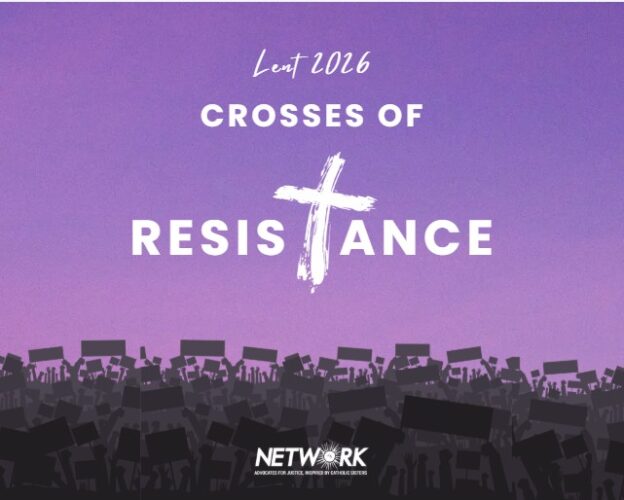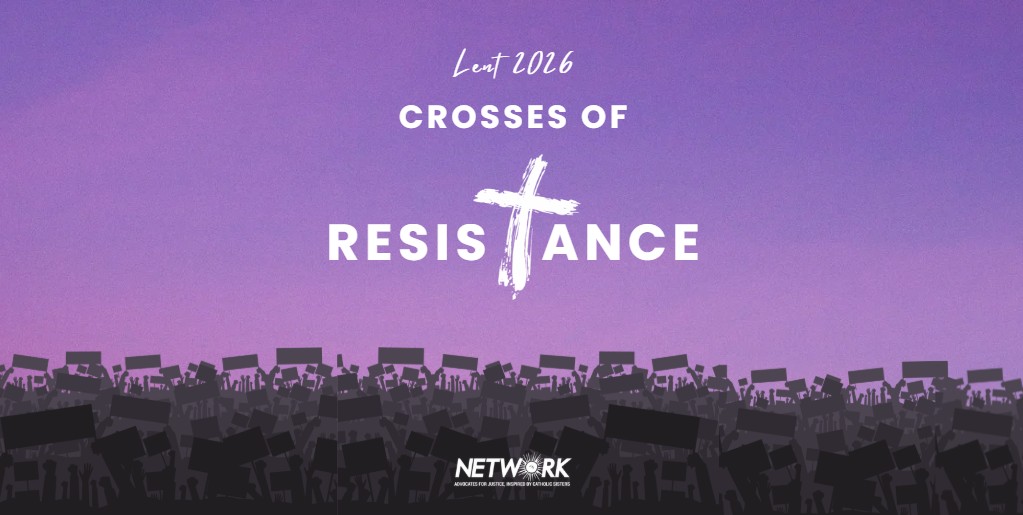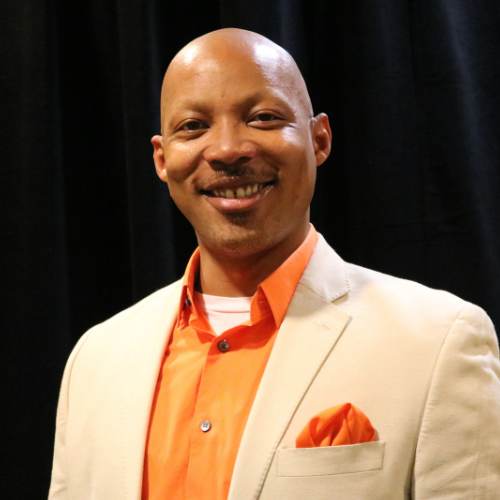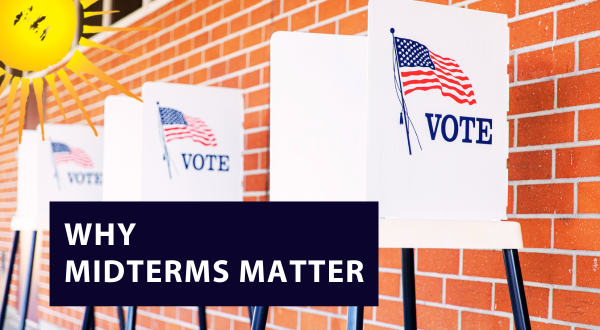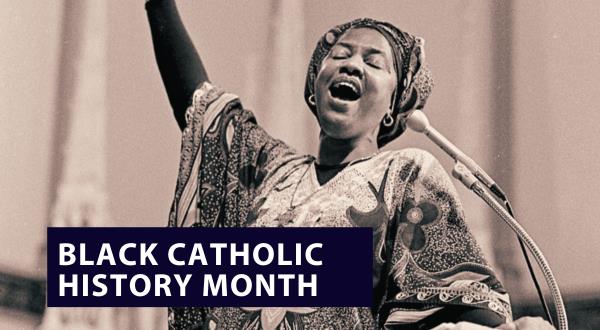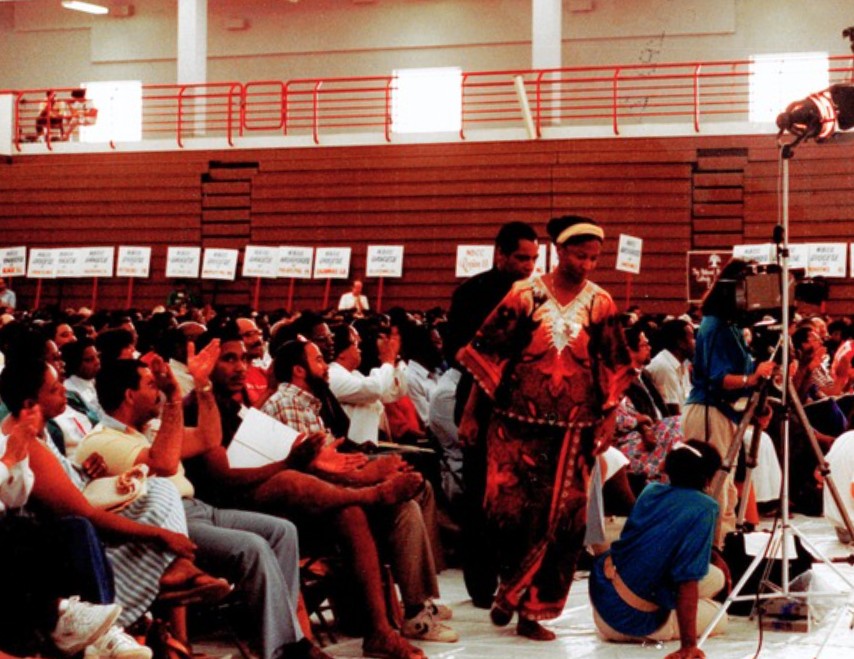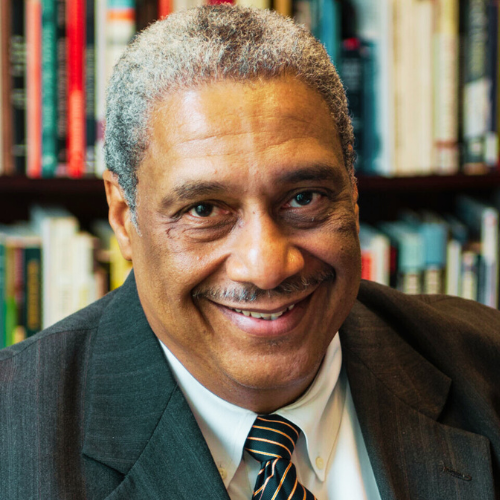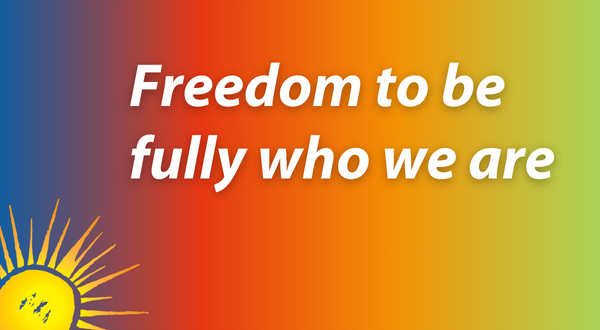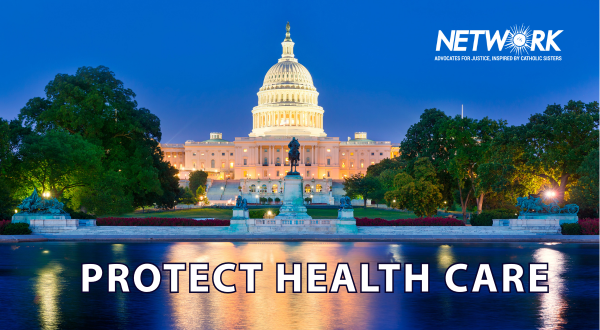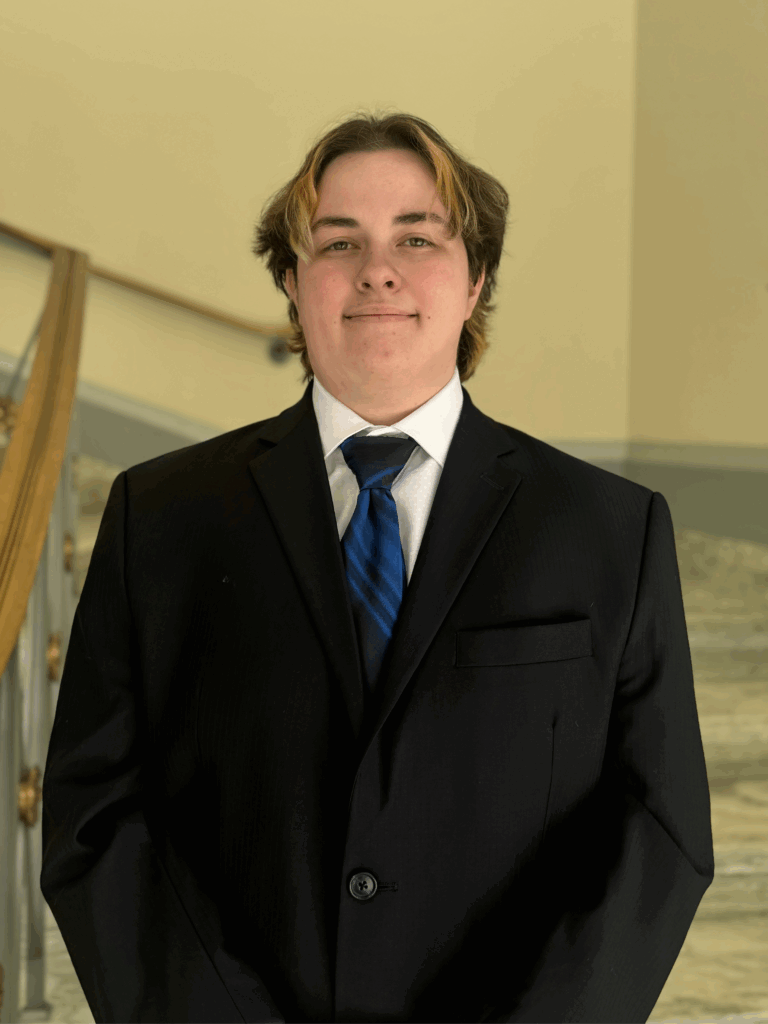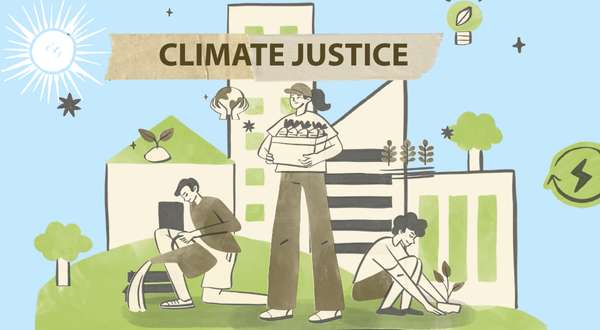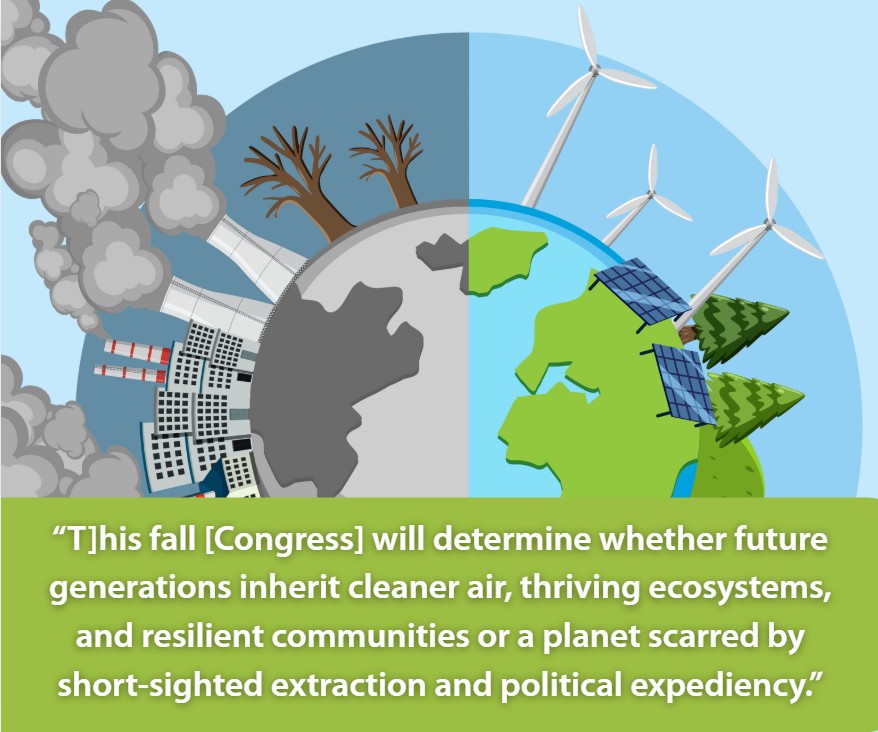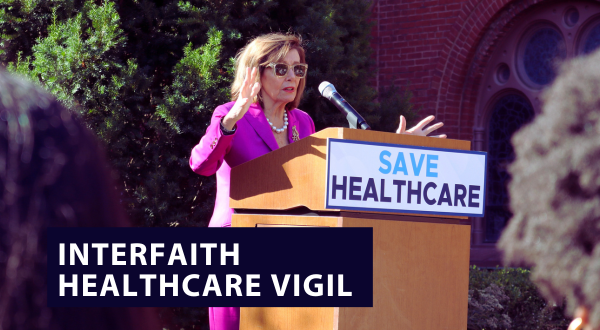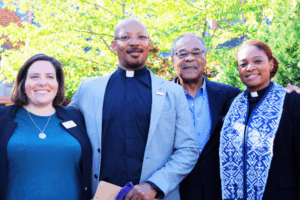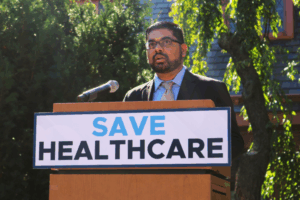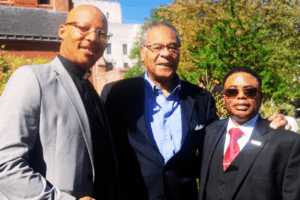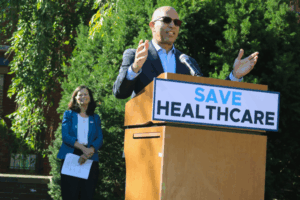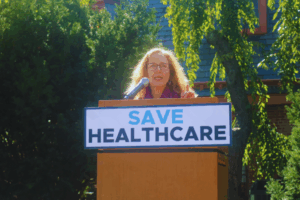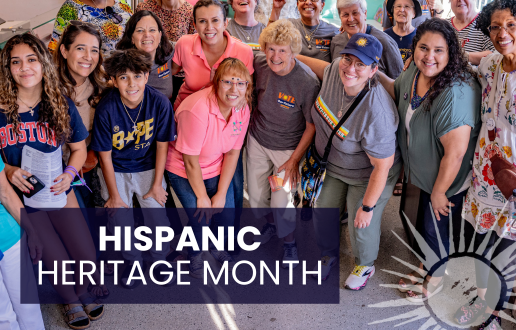Meeting This Moral Moment
The Stakes for Our Democracy Will Demand What NETWORK Has to Offer
Laurie Carafone
February 27, 2026
Last year was an unimaginably tough year for anyone who loves and cherishes the promise of an inclusive and pluralistic democracy, as the U.S. has at different times aspired to be. We experienced a daily deluge of immoral, racist, and oppressive government actions, unleashed
by an administration whose recklessness and cruel policy agenda are an assault on the values that NETWORK and justice–seekers everywhere hold dear.
 We are living history, and the NETWORK community must—and will—meet the moment in 2026. We are clear–eyed and speak the truth of what is happening: the Trump administration is rapidly consolidating authoritarian power to shamelessly enrich themselves and the corporations and billionaires who bend the knee and take from the people.
We are living history, and the NETWORK community must—and will—meet the moment in 2026. We are clear–eyed and speak the truth of what is happening: the Trump administration is rapidly consolidating authoritarian power to shamelessly enrich themselves and the corporations and billionaires who bend the knee and take from the people.
The three branches of our government are meant to ensure a check on executive power. But Congress and the Supreme Court are allowing unchecked presidential power to drag our
country toward dictatorship. We know there is another way. With a functioning democracy, we can and will have the collective capacity to achieve policies that support ourselves, our
families, and our communities so that everyone can thrive.
NETWORK is reading the signs of the times and knows the stakes. Our north star is—and has been for a half century—our foundresses’ mission to effect federal policy change for the common good. This advocacy can only continue to be effective if we have a functioning democracy, one where lawmakers are responsive to the people—including our community of advocates—rather than to an authoritarian leader.
Our work in 2026 cannot be business as usual. We need to do our part to save democracy with a focus on power building, policy impacts, voter engagement, free and fair elections, and a
peaceful transition of power. If we lose our democracy to dictatorship, we lose the conditions necessary for NETWORK to do our sacred work for good. With all of you, we will meet this
existential moment.
We know we are prepared because of all you have shownup over and over again for justice. Throughout last year’s chaos, you, our NETWORK community, responded with clarity and
resolve. You are a wise, outspoken, and emphatic moral voice with the proven integrity and expertise that so many people in our country rely on and trust. At every turn, you met this moral moment — advocating for policies that protect human dignity, organizing and accompanying members of your community, amplifying our Spirit–filled message, and directly supporting and sustaining us in our work.
There is much to do in this midterm election year, with so much at stake for our issues and our democracy. The poet Mary Oliver, in her poem “The Summer Day,” writes, “Tell me, what else should I have done?… Tell me, what is it you plan to do with your one wild and precious life?”
At NETWORK, we are going to make the most of our lives in 2026, together. We will not do anything alone — it will take many people and organizations doing their own part to succeed. But we must do our part with a clear understanding of our gifts and goals. So what is ours to do as NETWORK?
First, we need to reach more Catholics — calling in all who value living in a free society, no matter what other policy positions or beliefs we hold. We need to communicate clearly and effectively, grounding our work in the Catholic Social Justice teaching that undergirds all of NETWORK’s values.
Second, we need to strengthen our advocacy effectiveness to respond to this unique moment. We will need to train and focus our advocates on strategic actions essential to preserving
democracy.
Third, we need to continue our core issues advocacy. It is critical that we keep this going so that we can pressure lawmakers to stave off further harm and prepare the way for gains we can make when we have a functioning three-branch government.
We know that our country needs what NETWORK has to offer—not only our advocacy, but the vision of universal human thriving that our policy agenda offers. These are the gifts we offer now, at this moral moment. Thank you for being an essential part of this community, contributing in whatever way is right for you. We are in this together.
Laurie Carafone is Executive Director of NETWORK. This “Spirited Sisters” column originally appeared in the Quarter 1 2026 issue of NETWORK’s Connection magazine.







